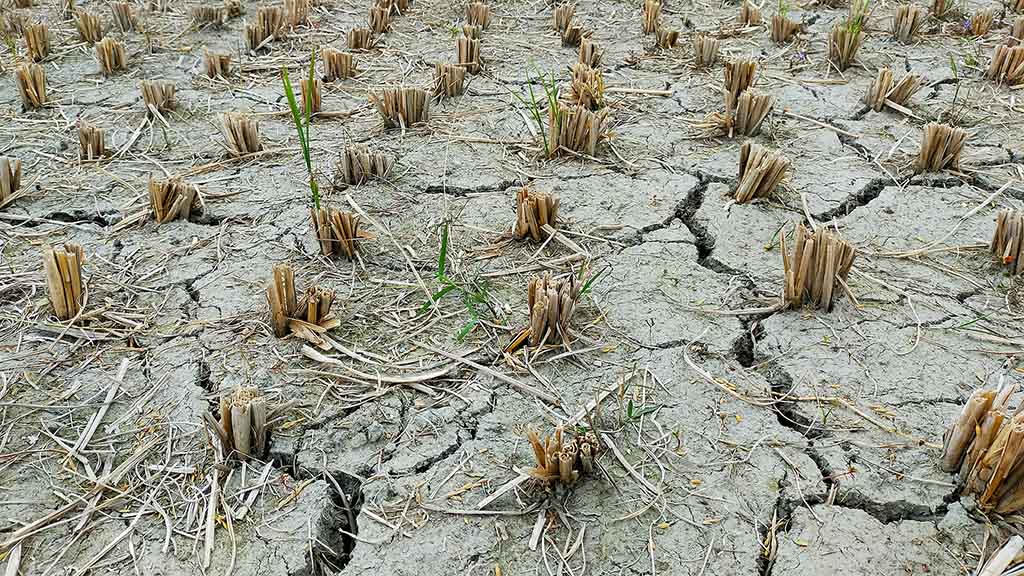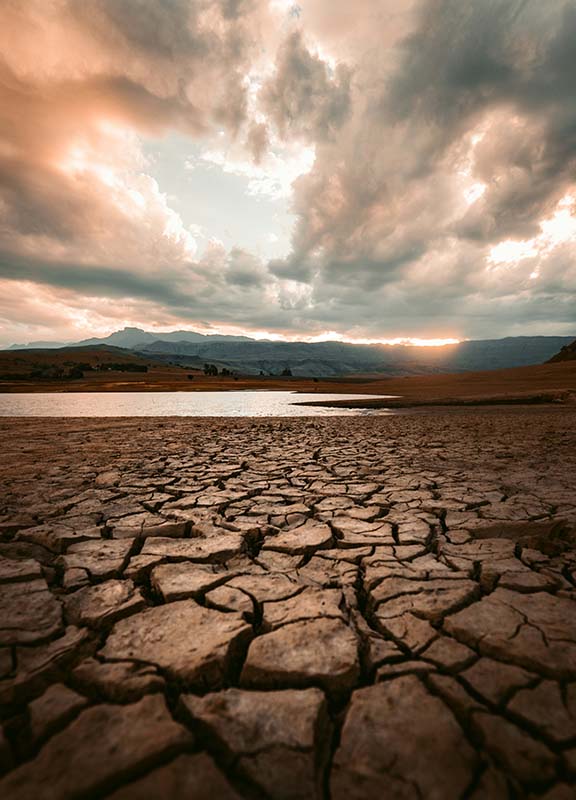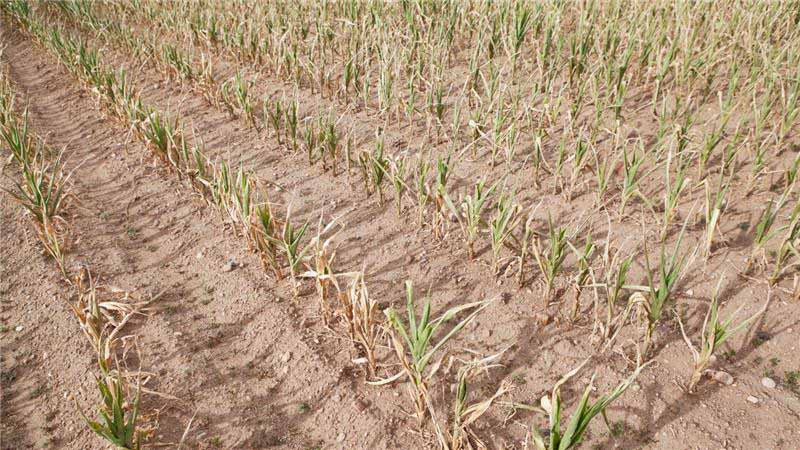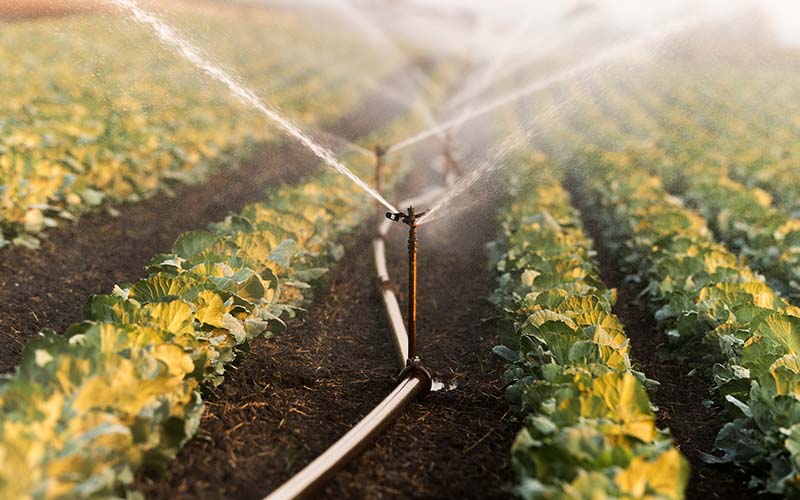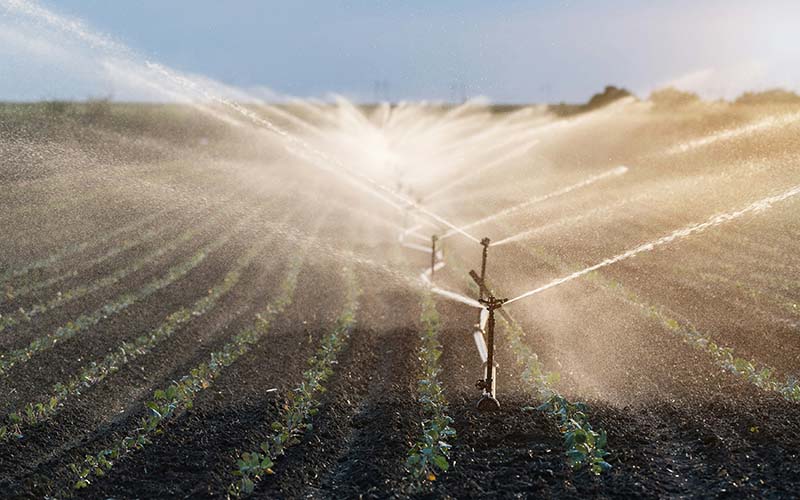The Stresses of Drought – Zehr Insurance Brokers Ltd.
Posted On August 15, 2025
Written by Dave Stewart
Zehr Insurance Brokers Ltd.
Rain is a farmer’s best friend, but when it disappears for weeks or even months, it can turn everything upside down. Drought doesn’t just stress the crops; it stresses the farmer too.
As summer grows hotter and weather becomes more unpredictable, drought is no longer a rare occurrence, it’s something every farmer must be ready for. From dwindling water sources to rising costs, the impact of drought can ripple across every part of an operation. Managing drought effectively isn’t just about surviving the season, it’s about building long-term resilience.
Continue Reading: 4 min Read
Why Does Drought Matter?
Drought can drastically reduce crop yields and shrink pastureland, leaving livestock with little to graze. Without enough water, plants struggle to grow, and animals face heat stress and reduced nutrition. This not only disturbs the production cycle but also impacts a farm’s bottom line. Lower yields mean less to sell, while higher feed and water costs add pressure.
Beyond the economic toll, drought can take a serious emotional toll. Farmers
often face tough decisions, what to plant, what to cut, and how to stretch resources. The stress of watching crops wilt or pastures dry up leads to decision fatigue, burnout and uncertainty. That’s why planning ahead is so important. Having a strategy before a drought hits, gives farmers more control and peace of mind in the middle of a crisis.
What Are the Biggest Challenges During a Drought?
The most obvious challenge is water scarcity. Wells may dry up or become unreliable, while irrigation systems struggle to keep up. Crops can become stunted or fail entirely, and without adequate forage, livestock may lose weight or require costly feed.
Soil health also suffers. Without moisture, soil becomes more prone to erosion and degradation. Wildfires become a greater threat in dry, windy conditions, putting both land and livestock at risk.
On top of it all, financial strain increases, as farmers must spend more to get less, whether it’s hauling in water or buying feed.
What Are Some Practical Strategies for Managing Drought?
Water Management: Prioritize efficient irrigation systems like center pivot irrigation or drip irrigation. Monitor soil moisture closely and water only when necessary. Fix leaks and consider capturing rainwater when possible.
Soil Health and Crop Choices: Healthy soil holds water better. Incorporate cover crops and compost to improve soil structure. Rotate in drought-tolerant crops that can survive with less moisture.
Livestock Management: Reduce herd size if needed to match forage availability. Provide shade and access to clean water. Consider rotational grazing to prevent overgrazing and give pastures time to recover.
Financial and Risk Management: Work with advisors to assess your financial risk. Explore crop insurance and government drought relief programs. Look into diversifying income streams to reduce reliance on one crop or product.
What Can Farmers Do to Prepare for Future Droughts?
Create a written drought plan: Outline how you’ll manage water, having a clear plan reduces stress when drought conditions arrive.
Invest in infrastructure: Investing in beneficial tools like water tanks and livestock shade can make a big difference. These upfront investments improve resilience long-term.
Track data: Keeping records on rainfall, yields, and water usage helps identify patterns and improve planning.
Build a support network: Other farmers and weather specialists/groups can offer valuable advice and resources. Don’t go through it alone, sharing strategies can make everyone more resilient.
Stay informed: Staying current helps farmers adopt the latest tools and strategies to ensure farms are stable and efficient during a drought.
Conclusion:
Drought is tough, but the farmers who weather it best are the ones who prepare before it hits. By taking a proactive approach, focusing on water conservation, soil health, and long-term planning, farmers can build more drought-resilient operations.
Drought doesn’t have to define the season. With the right tools, mindset, and support, your farm can stay productive even when the rain won’t come.
Call Zehr Insurance brokers and see if we can help you with your insurance needs.
Information contained on this page is provided by an independent third-party content provider. This website make no warranties or representations in connection therewith. If you are affiliated with this page and would like it removed please contact editor @producerpress.com

